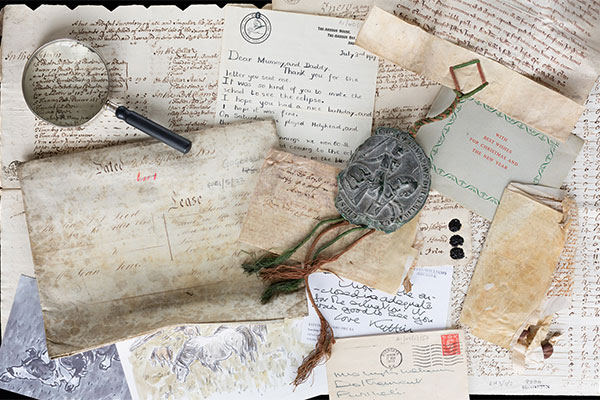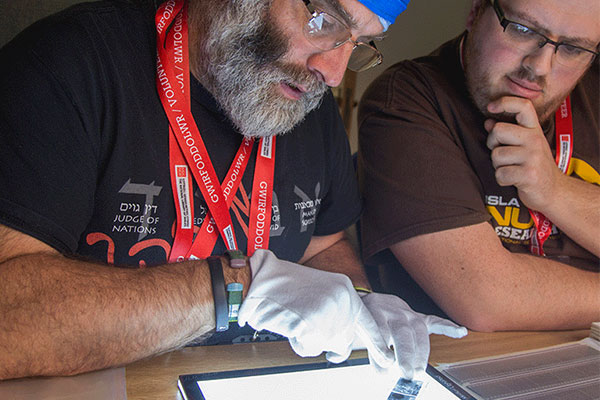Learning toolkit
Background
Paul Robeson was a scholar, athlete, singer, actor and activist, he made an impression on anyone who saw him perform or listened to his voice on record or radio. As the son of an escaped slave, he stood up for the rights of the oppressed, even if it meant sacrificing his performing career.
Paul Robeson will always be closely associated with Wales. There have been several books and articles written about his ties with Wales, covering his meetings with Aneurin Bevan, his frequent appearances at Welsh festivals, to his political activities and support for the Welsh miners. Music has also been influenced, with Welsh rockers the Manic Street Preachers singing about his political exile from America in their song ‘Let Robeson Sing’ from their 2001 album ‘Know Your Enemy’.
Robeson’s connection can be felt most deeply in the 1940s movie ‘The Proud Valley’, which saw Robeson’s character David Goliath visit Wales for employment. The villagers initially had misgivings, but David was soon welcomed into their community through song and his heroic endeavors.
Possible questions to discuss
- Who was Paul Robeson?
- What connection did Paul Robeson have with the Welsh miners?
- What struggles did Welsh miners have at the time?
- Who were the Black miners of Wales?
Activities and experiences
- Write a biography about Paul Robeson - activity sheet
- Listen to one of Paul Robeson's songs.
- Watch a clip from 'Proud Valley'.
- Explain the link between Paul Robeson and the miners.
- Investigate the lives of Black miners in Wales.
Key concepts
(derived from the statements of what matters)
Languages, Literacy and Communication
- Listening with empathy and respect
- Listen and understand
- Understanding perspectives
Humanities
- Social and cultural importance
- Identity
- Social similarities and differentiation
- Understanding human rights
- Developing paths of enquiry















